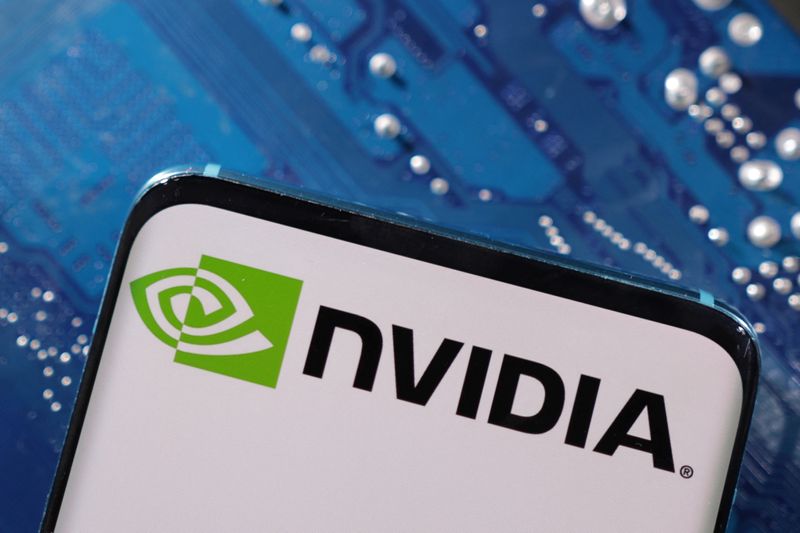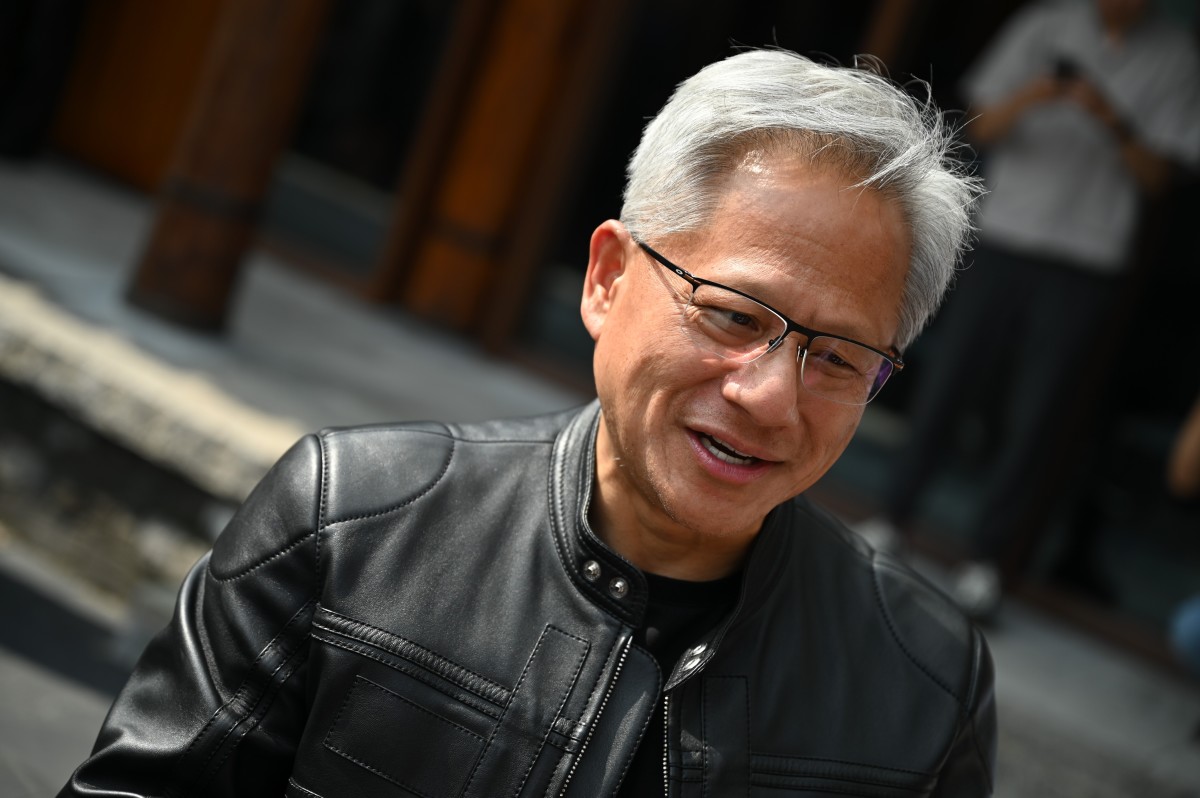China’s Shift to Clean Energy Is Saving the Paris Climate Accord
PositiveFinancial Markets

China’s Shift to Clean Energy Is Saving the Paris Climate Accord
China's significant investments in clean energy manufacturing are not only reducing costs but also playing a crucial role in supporting the Paris Climate Accord. This shift towards sustainable energy sources is vital for global efforts to combat climate change, making it an important development for both China and the world.
— via World Pulse Now AI Editorial System




